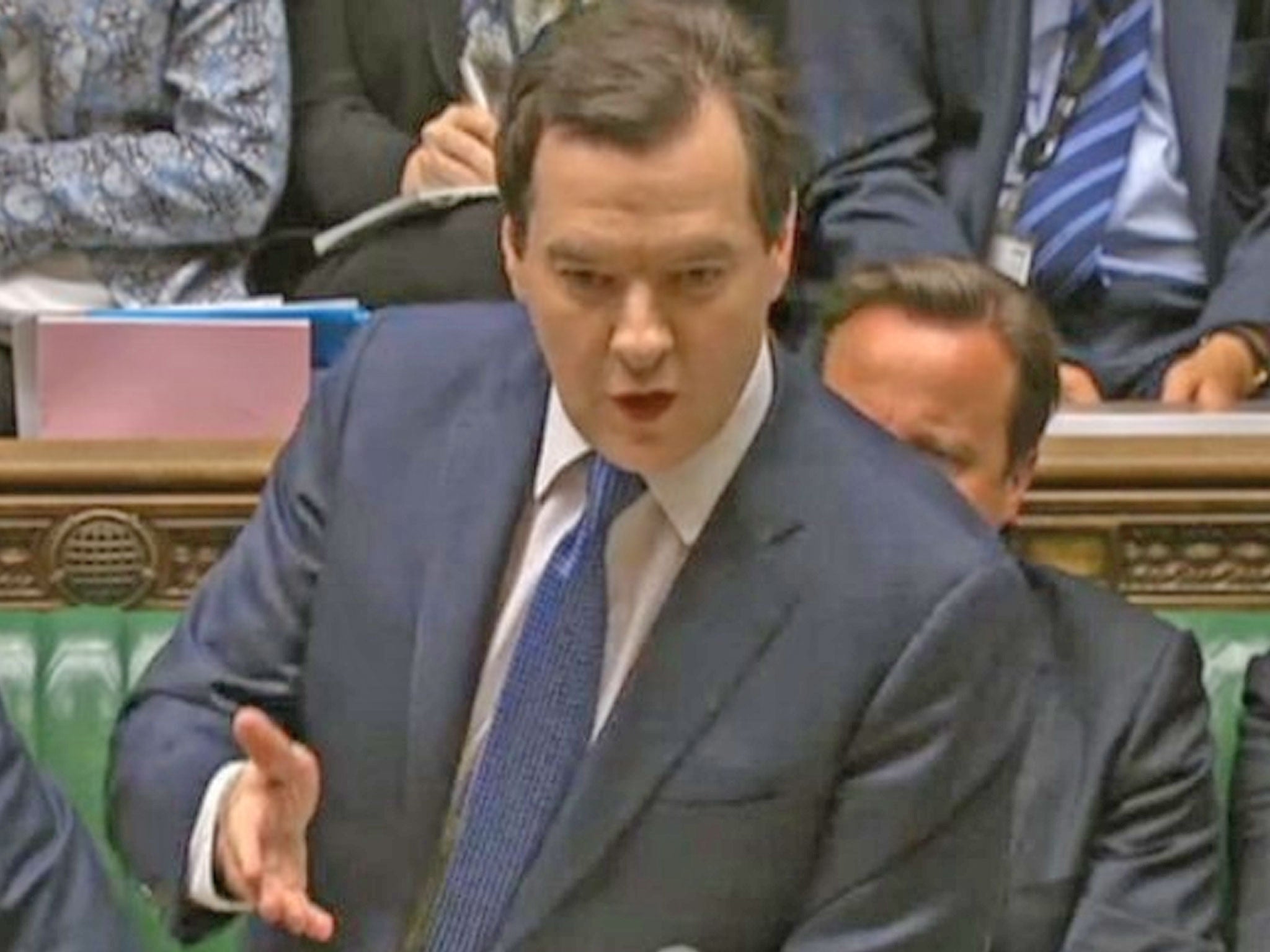Most public spending reviews create winners and losers. But there are no winners today
When George Osborne spoke today he evidently felt he was responding to the public mood. How long will that mood last?


Politicians do not expect to come into office expecting to have to cut public spending. Still less do they expect to have to cut it year after year after year. Yet that is the reality that has faced the Coalition, and it is the reality that will face the next government, whoever forms it. What we have had from George Osborne today is a little further trimming, a haircut, you might say, of public spending, which will need to repeated again and again.
So how do you cut? Do you salami slice, trimming a little, or do you make radical choices. From the beginning the Coalition has chosen to protect huge swathes of public spending, in particular the NHS and overseas aid, but also much of education. There are other areas, such as pensions, that it decided for this parliament at least, to maintain. That has meant that everything else has had to be disproportionately cut. Indeed as the Institute for Fiscal Studies has noted, we are moving to a situation where half of all public spending goes on health, welfare and pensions.
Every extra year you move along this path becomes harder and this latest review shows that. So what we are glimpsing is how spending is likely to shift during the next parliament, not just in this first year but beyond. So public sector pay will be squeezed, benefits for the relatively well-off will be squeezed, and the welfare bill will be chipped away.
Normally public spending rounds create winners and losers. This one really has no real winners. Even departments that are seeing notional increases in their spending will, given the extra demands on them, feel under pressure. Yet in cutting back, the Chancellor evidently feels he is responding to a public mood: a majority of voters appear to want a leaner public sector, for remember there are five workers in the private sector for every one in the public. Will they like leaner government when they get it? That we cannot know.
Join our commenting forum
Join thought-provoking conversations, follow other Independent readers and see their replies
Comments
Bookmark popover
Removed from bookmarks